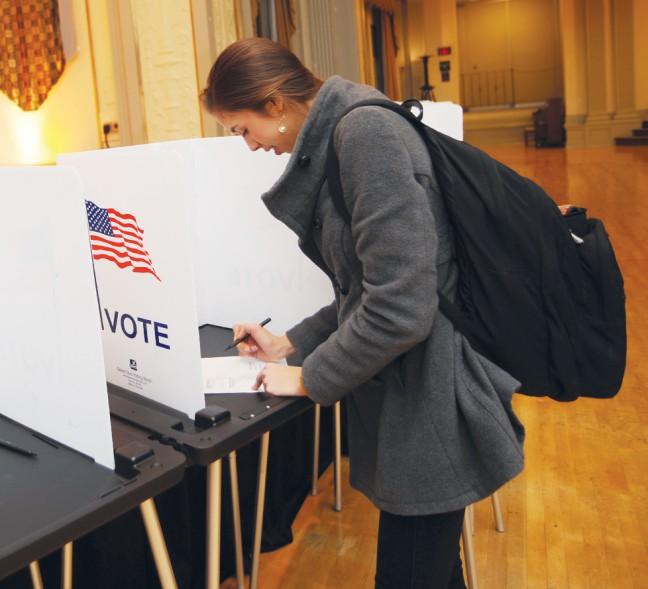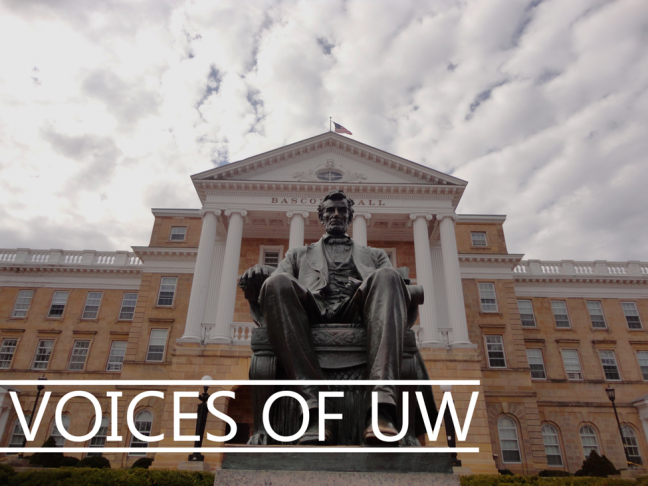One year later and we are still talking about it – the University of Wisconsin’s licensing contract with Adidas that is. If we had it our way, that contract would be cut and the workers paid immediately.
This
toxic contract, knowingly broken by Adidas, makes our university complicit in
the illegal and morally abhorrent corporate practices of the Adidas Group.
Our grievance is focused on labor rights violations in factories that
produced Bucky Badger apparel.
In April
2011, an Indonesian factory manufacturing Adidas university apparel suddenly
closed, leaving about 2,800 workers without jobs and legally-owed severance.
Though all other brands sourcing from the factory paid their proportion, Adidas still maintains its company is not responsible for paying severance. To date, Adidas owes the workers $1.8 million in severance. For Adidas, which in 2011 had an estimated market value of $15 billion according to Bloomberg, the amount owed to workers is pocket change.
Not
only does Adidas legally owe that money to workers based on Indonesian law, it
has also signed licensing contracts with several universities that mandate
payment of severance. On Sept. 13 Cornell University became the first
university to cut its contract with Adidas over the violations in Indonesia.
That contract is set to end Oct. 1.
Hearing
of these labor rights violations, UW-Madison’s Labor Licensing Policy Committee
also recommended in December 2011 that Chancellor David Ward put Adidas on
notice for contract termination. This would have given Adidas 90 days to pay
the workers – if they had refused to pay, the UW could have cut the contract.
The chancellor disregarded this recommendation and instead entered a mediation period. Drawn out until July 2012 without results, the chancellor then decided
to take Adidas to court to determine if the contract had indeed been breached.
In
light of Cornell’s recent decision to terminate its licensing agreement with
Adidas, it is absurd that the UW-Madison is wasting time on this lawsuit.
It is nothing but a stalling technique used by the chancellor and Adidas
to avoid their responsibility to workers.
It is
also disturbing that Attorney General J. B. Van Hollen is supposed to be
representing the interest of the Indonesian workers in the case against Adidas.
He will be simultaneously fighting to repeal the Dane County Circuit Court’s
injunction on Wisconsin’s anti-union legislation known as Act 10. How can Van
Hollen support one group of workers while viciously opposing the rights of
another?
Overall,
history shows that putting apparel companies on notice is the only route to
ensure fair labor practices. In 2008, the UW cut its contract with Russell
Athletic, and again in 2010 with Nike. Both instances resulted in the companies
rectifying their violations.
Promoting
just labor practices is an integral facet of the Wisconsin Idea. The Adidas
issue jeopardizes the reputation of the UW as an academic institution, and
therein the regard of its students, faculty, and staff. As students, we should
fight for the honor of our university. By contacting the chancellor about this
issue, informing fellow students and even becoming involved in Student Labor
Action Coalition events, we can restore the Wisconsin Idea to the UW.
Alexandra Rezazadeh ([email protected]) and Sarah Blaskey ([email protected]) are members of the Student Labor Action Coalition.











